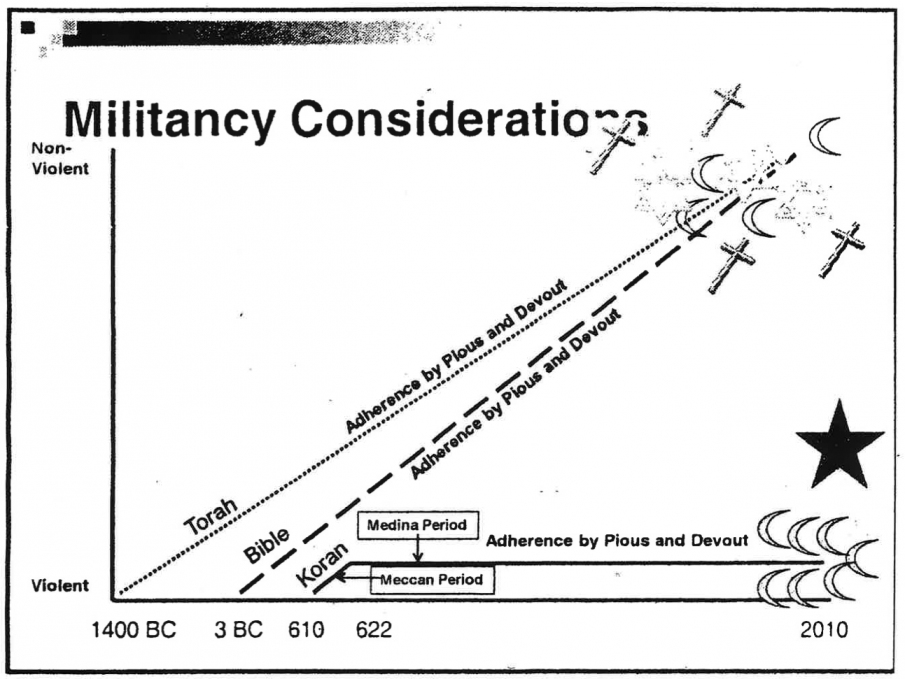Nora Connor: For a time after 9/11, the FBI seemed to stand out among the many government agencies with a hand in the intelligence/counterterrorism game. FBI agents were among the most knowledgeable on Islamic extremism worldwide; FBI agents made important discoveries and arrests in the immediate aftermath of 9/11; FBI agents spoke up forcefully against Bush administration/CIA-approved torture techniques. Like any massive bureaucracy, though, the FBI is a many-headed hydra. It occupies a central space in the ever-expanding national security industry, and it’s this political and social terrain in which the agency competes for relevance and command over resources. That struggle has seemed to me the best way to make sense of, for example, the FBI’s apparent penchant for spending countless hours and dollars wheedling American Muslims into participating in fictional terrorist plots, in order to then arrest and prosecute them. It would seem a foolish, wasteful and counterproductive approach until one remembers that it supplies the FBI with success stories, headlines and a defense of its budget.
These stories have made me wonder, though, if the FBI has actually gotten stupider over the last decade. Or if its institutional ideology toward “Islam” has changed. Or whether a more ignorant or more ideological faction within the FBI has simply gained control of a bigger share of control within the agency. One of the most fascinating and scary truths to emerge through a decade of post-9/11 reporting is that the practices and priorities of very powerful institutions can have extreme results on individuals and on our whole political culture—but it’s hard to parse exactly how shifts in these practices happen. I’m always tempted to look for a grand ideological scheme, a battle for the soul of a country, but just as often, I suspect, it comes down to banal workplace micropolitics. A guy in a position to hire his friends, a timid supervisor who ignores a memo or a crafty one who sees a way to create a territorial niche for himself.
It’s more likely, of course, that the politics-and-culture-making of our police, intelligence and security agencies happens on multiple levels at once. Spencer Ackerman’s investigative series on FBI counterterrorism training at Wired’s Danger Room illuminates that process on a couple of different levels. With Islamic-extremist terrorism now the overriding priority, the training in question necessarily includes educating agents about the nature of this threat and by extension, educating them about Muslims and about Islam. That curriculum has apparently gone in an alarmingly reductive and antagonistic direction, with materials suggesting that “Islam,” as opposed to any specific group such as al-Qaeda, is the enemy to be fought against, that Muslims are inherently violent, and that Islam “works” by returning a society to 7th-century conditions. With interrogation guidelines that advise eliciting anti-American sentiments and visual aids like this one, it’s not difficult to understand how generations of FBI agents who have sat through this training course might end up subscribing to antagonism-entrapment as a viable intelligence and enforcement strategy. In any case, the idea that everyone who goes through Quantico—presumably capable, sharp people—sit through presentations made up of slides like this one is deeply upsetting.
Ackerman notes that the training materials are compiled from multiple sources, and points to a turf war over their revision that could potentially have serious consequences for the Bureau’s training program and by extension, its intelligence practices and their ripple effects on our political culture and foreign policy. The instruction materials are now under review—150,00 pages of textbooks and manuals, thousands of power point-type slides and 16 hours of video. According to Ackerman, those elements of the curriculum that originated with the Army’s Counterterrorism Center are more sophisticated, cautioning against the simple equating of Islam with terrorism. The more extreme materials, such as the Militancy Consideration chart, were written by the FBI’s William Gawthrop. Until he attracted attention this spring for comparing Islam to the Death Star of Star Wars, Gawthrop wasn’t much of a public figure. He seems to have been involved in intelligence gathering as a soldier in Vietnam, and his resume is a patchwork of intelligence posts—the Army’s V Corps, Desert Storm, US Army Special Operations, NSA and the FBI. What does seem clear is that Gawthrop is a self-appointed expert on all things Islam, and that he might soon enjoy fuller control over the FBI’s counterterrorism curriculum design. I’m eagerly awaiting a detailed portrait of Gawthrop, how he came into the FBI, and what type of horse-trading will either expand his FBI empire or bounce him back onto the general national security market.

